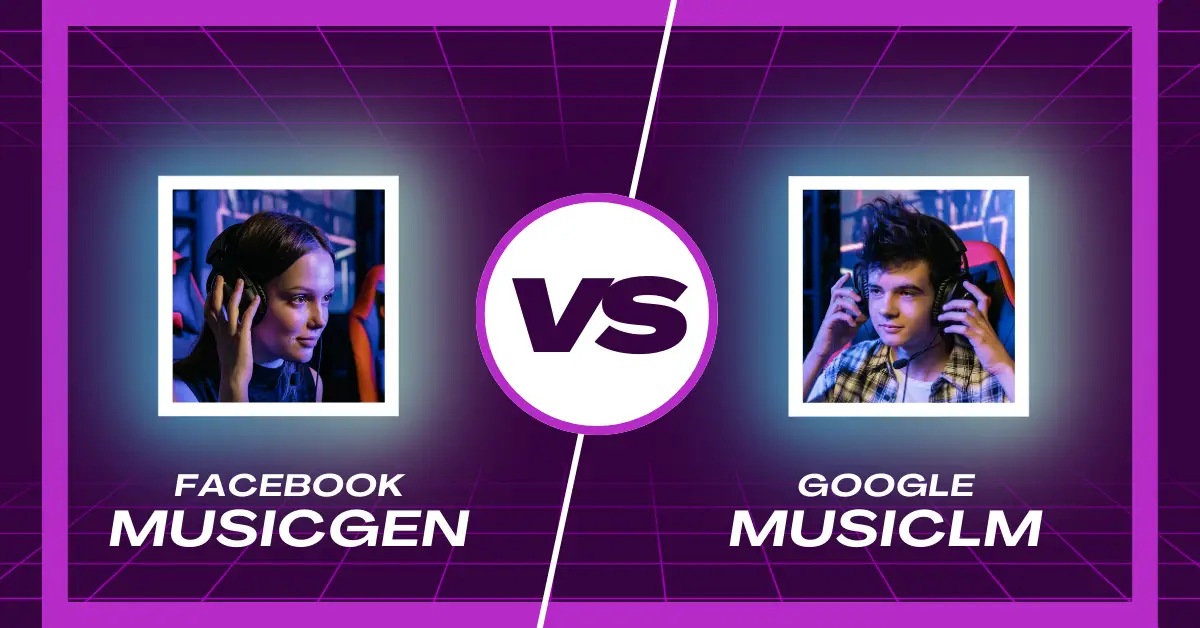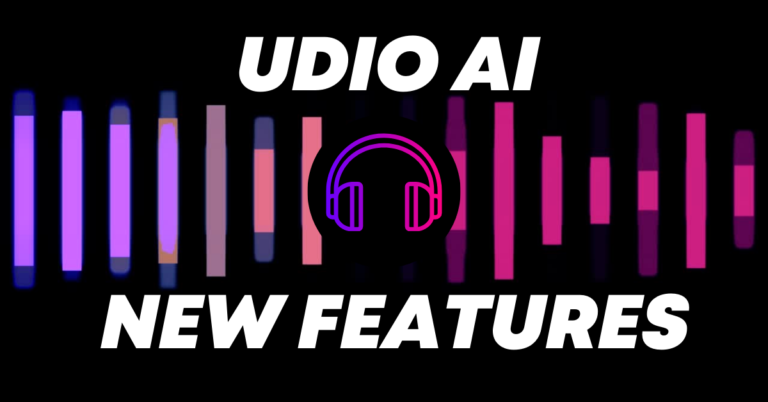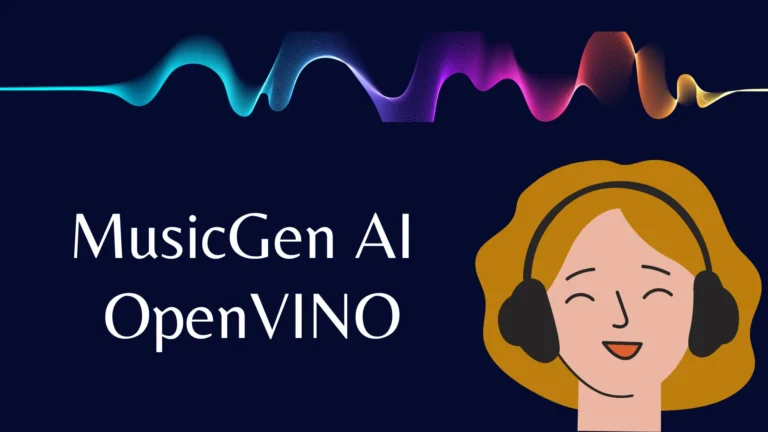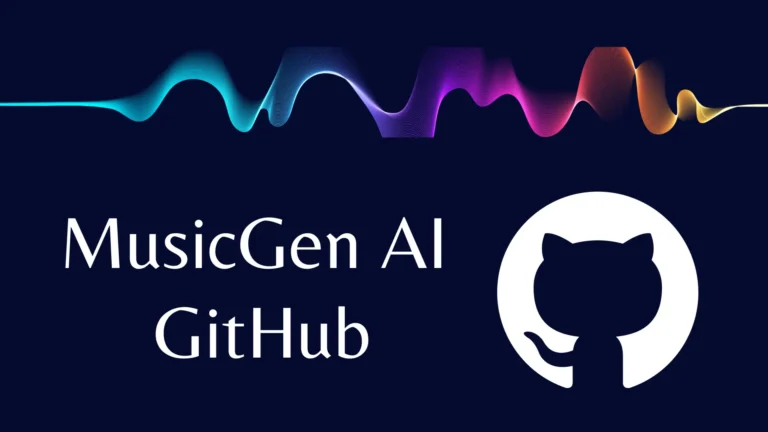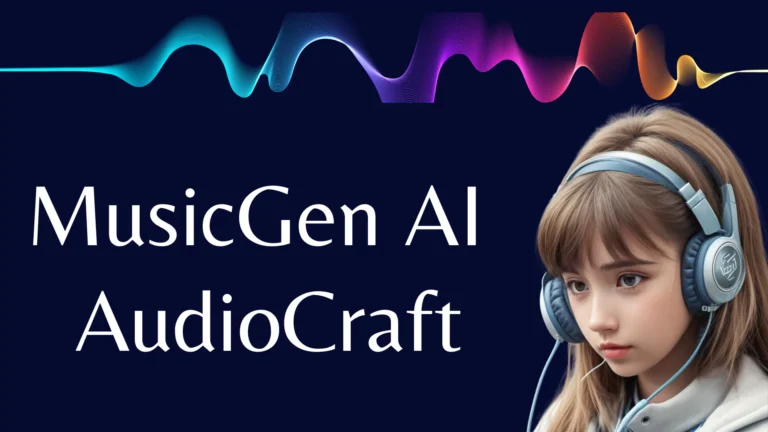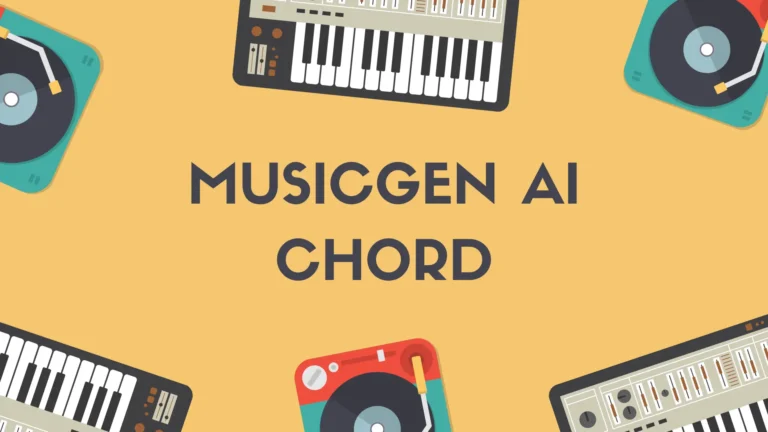MusicGen vs MusicLM
Google and Meta, have entered the arena with their respective text-to-music generators – Google MusicLM and Facebook MusicGen. In this article, we’ll dive into a comprehensive comparison of these AI-driven tools, exploring their unique features, strengths, and quirks.
MusicGen vs MusicLM: Text-to-Music Comparison
Text-to-Music comparison begins with an overview of both MusicLM by Google and MusicGen by Meta. MusicLM is touted as a powerful AI text-to-music tool, employing a unique sequence-to-sequence modeling approach.
On the other hand, MusicGen, the brainchild of Meta, promises a swift generation of 10 to 30-second audio wonders from text using its Auto-regressive Transformer model.
Each has its charm, strengths, and a few quirks, setting the stage for a captivating face-off in the domain of AI and music.
Testing Google’s MusicLM
Let’s start by putting Google’s MusicLM under the microscope. Using a mix of example prompts from both MusicGen and MusicLM, we embark on a journey of text-to-music challenges.
The prompts include a light and cheerful EDM track and an 80s-driving pop song for MusicGen, while MusicLM tackles major key melodies and ambient sounds evoking a sense of brightness and joy.
MusicGen AI prompt: a light and cheerly EDM track, with syncopated drums, aery pads, and strong emotions bpm: 130
MusicLM prompt: The main soundtrack of an arcade game. It is fast-paced and upbeat, with a catchy electric guitar riff. The music is repetitive and easy to remember but with unexpected sounds, like cymbal crashes or drum rolls.
The demonstration showcases the impressive capabilities of MusicLM, generating two distinct tracks for each prompt. The user is even given the opportunity to rate and provide feedback on the generated tracks, creating a dynamic and engaging user experience.
The process is seamless, fast, and user-friendly, making MusicLM a noteworthy contender in the text-to-music.
Testing Meta’s MusicGen
Next up is the exploration of Meta’s MusicGen. The video highlights the installation process and startup of Music Gen on a local machine. The generated tracks include a mix of foreign sounds, EDM elements, and peculiar audio wonders. MusicGen holds its ground, showcasing its potential for local installations and open-source accessibility.
Wrap-Up & Feedback
As we wrap up the comparison, it’s crucial to consider the differences in speed and accessibility between the two platforms.
Google’s MusicLM stands out with its web-based interface and swift generation, while Meta’s Music Gen proves its worth with open-source capabilities and potential speed improvements with better GPUs or platforms like Google Colab.
The user feedback feature in MusicLM adds an interactive dimension to the experience, allowing users to actively participate in refining the AI’s outputs.
However, the article leaves room for readers to decide which platform they believe emerged victorious, fostering engagement and discussion in the comments section.
Conclusion, Tips, Tricks & Call-to-Action
The article concludes by prompting readers to share their opinions on which platform they think won the text-to-music showdown. Additionally, it provides a link to a previous video demonstrating how to install MusicGen, along with a valuable tip on extending the track length—a trick that also works for Google’s MusicLM.
The article signs off with gratitude for the reader’s time and attention, inviting them to keep exploring, learning, and pushing the boundaries of what’s possible in the exciting world of AI and music.
Demi Franco, a BTech in AI from CQUniversity, is a passionate writer focused on AI. She crafts insightful articles and blog posts that make complex AI topics accessible and engaging.
